In today’s society we’ve been sold on the idea that we should strive to pursue doing what we love so we don’t have to work a day in our lives. While this is true and rewarding to a certain extent, most artists/creatives come to realize throughout their careers that making a living out of your passions in life requires more mental and physical work than most people can imagine.
As an artist, you are always working with a blank canvas. Constantly finding inspiration and pushing your creativity to produce something extraordinary out of thin air, day in and out, could get the best of you and lead to every creative’s worst nightmare – reaching the point of creative burnout.
Multi-award-winning veteran Hollywood screenwriter, Aaron Sorkin, is also not spared from the constant struggle of getting the creative juices flowing. He acknowledged in his Masterclass that despite years of experience and numerous accolades, his default position when starting a screenplay is having the dreaded writer’s block.
Constantly finding inspiration and pushing your creativity to produce something extraordinary out of thin air, day in and out, could get the best of you
As a writer and storyteller in the entertainment industry, I know this plight all too well. Some days I aimlessly stare at the blank page for hours, and other days the words just fall out by the second. It’s not always as easy to be inspired and creative as before, especially when tight deadlines and pressure from your peers or clients get into the mix. This constant struggle eventually gets the best of you and then you find yourself in an endless loop of doubt and self-deprecation.
Creative burnout is such an abstract concept and it’s truly difficult to put a name to the face of it. So, I took the liberty to examine the many facets and potential causes of creative burnout to get a deeper understanding of how we can better cope with it when it does strike and prevent it from disrupting our creative process in the future.
When the Fire in You Stops Burning
Creative burnout is best described as “the moments of frustration when you feel like you’ve tried everything, nothing is working, and you literally can’t get your brain to think of anything else. Personally, creative burnout leaves me feeling “broken,” like something is inherently wrong with me because I can’t seem to get my ideas out there in the right way,” says writer Ward Andrews.
While it’s hard to determine what a creative burnout could look like, as it sometimes disguises itself as a creative block, there are particular signs that one could look out for. At the top of the list is procrastination, the kind that cripples even the most workaholic. If you’re an artist who’s always on top of your game and then suddenly lose the spark and motivation to start or finish a project as well as find yourself delaying the inevitable instead of facing the work because you don’t have the mental nor emotional energy to do even the most basic tasks, are tell-tale signs that you are beginning to suffer from a burnout.
The moments of frustration when you feel like you’ve tried everything, nothing is working, and you literally can’t get your brain to think of anything else
If creativity comes to you naturally and you start feeling stuck, incapable, and inexplicably exhausted without even exerting much effort into your work as well as when workdays seem increasingly monotonous and you develop unhealthy habits such as binge-drinking, eating, or scrolling endlessly and aimlessly on social media to fill the void, could be indicators as well.
A good measure of someone who has reached the peak of creative burnout is when a skilled artist or creative stops producing work because of self-doubt and spends more time dillydallying, prioritizing mundane things, and consuming more of other people’s work.
Reigniting the Creative Spark
The feeling of not having the very essence of what gives your life meaning and purpose could lead to paralyzing helplessness, insecurity, and withdrawal. A creative burnout may seem like a dead-end, but there are actually proven ways to alleviate the struggle and get out of the overwhelming loop.
Getting Help and Support
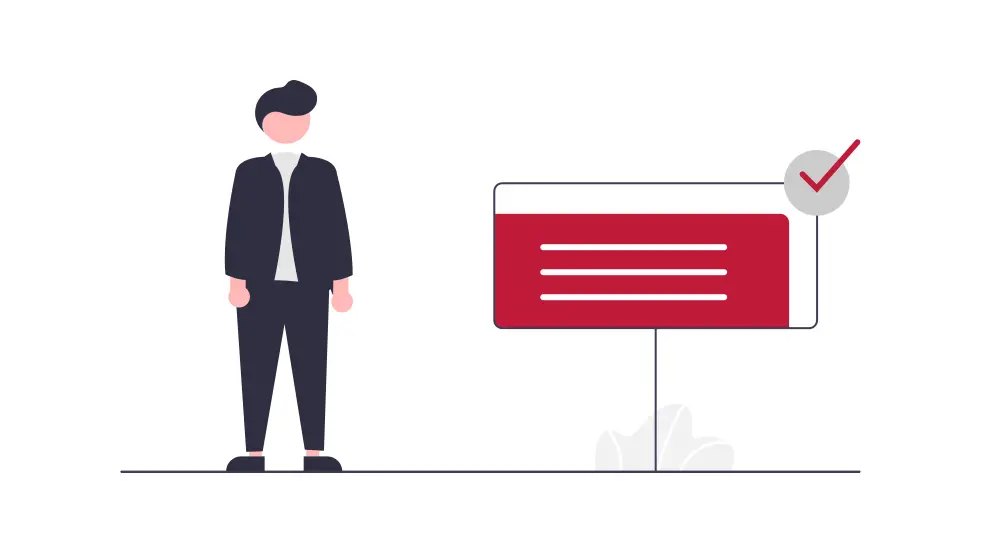
Some artists take it as a slap to their ego to admit that they are burnt out. They equate their passion and creativity to their self-worth, so they keep their struggles to themselves in fear of being judged and embarrassed among their peers. Little did you know that the first step to getting out of this cycle is to acknowledge and accept that you are going through it, then seek some comfort from loved ones, colleagues, or even strangers. Finding someone who will simply listen to how you feel could immeasurably help you navigate better through your emotions. Asking for assistance or advice on how to accomplish tasks instead of doing everything ourselves allows us to see things in a different light. More likely than not, there will always be someone who is willing to offer support and help carry the weight of our burdens.
Taking a Step Back
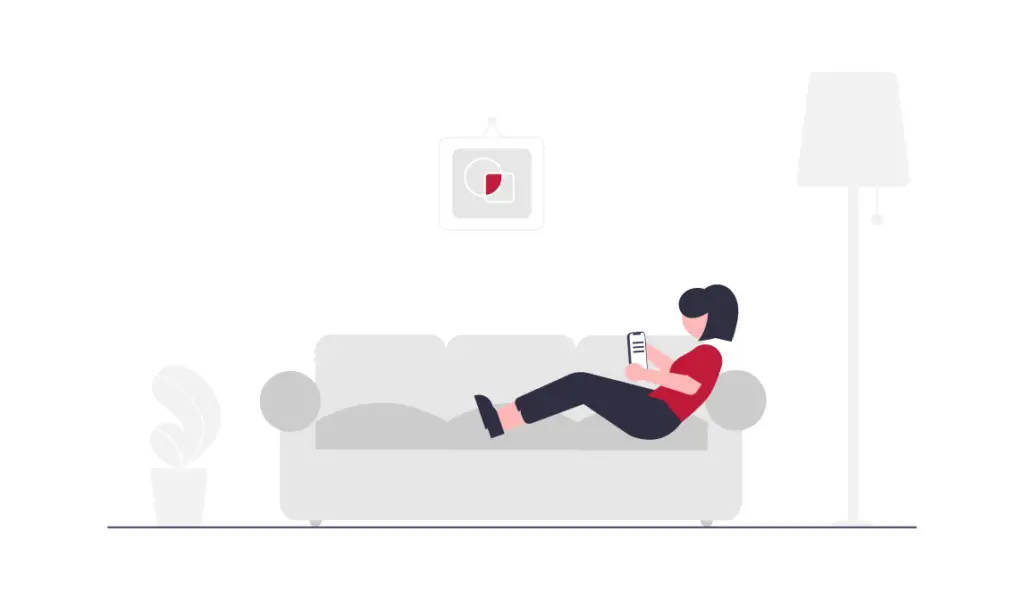
There are moments when we are so engrossed with our careers that we tend to overlook other important aspects of our lives such as our mental health and well-being. When we don’t balance things well, there will come a time when there will be nothing left to give. The hustle mentality of artists to make a living could be detrimental to their creative process and we must understand the benefits of taking a step back from work and allowing ourselves to just live and recharge. Take that well-deserved vacation, surround yourself with positivity, reflect on your personal goals, and just truly experience what life has to offer outside of your work. A change of environment could constructively shape our perspective and attitude towards everything we do.
Celebrating Your Wins
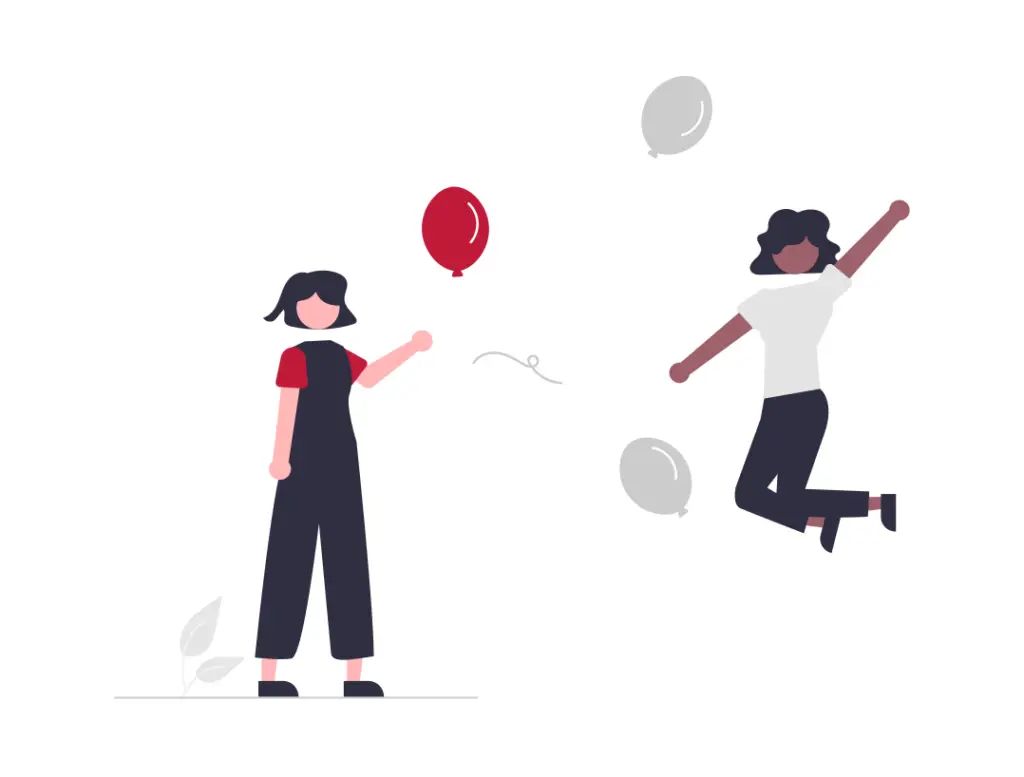
Sometimes it’s too easy to dwell on our challenges and negativity than to celebrate the small and big accomplishments we have won. We lose sight of what we are capable of doing because we let the difficult circumstances of the present dictate our future. We must always learn how to look back to see how far we’ve come on our journeys. Simply taking a trip down memory lane and appreciating your first published article, first callback audition, or the first artwork you sold could bring back that drive and motivation to keep pursuing greatness.
Starting Small
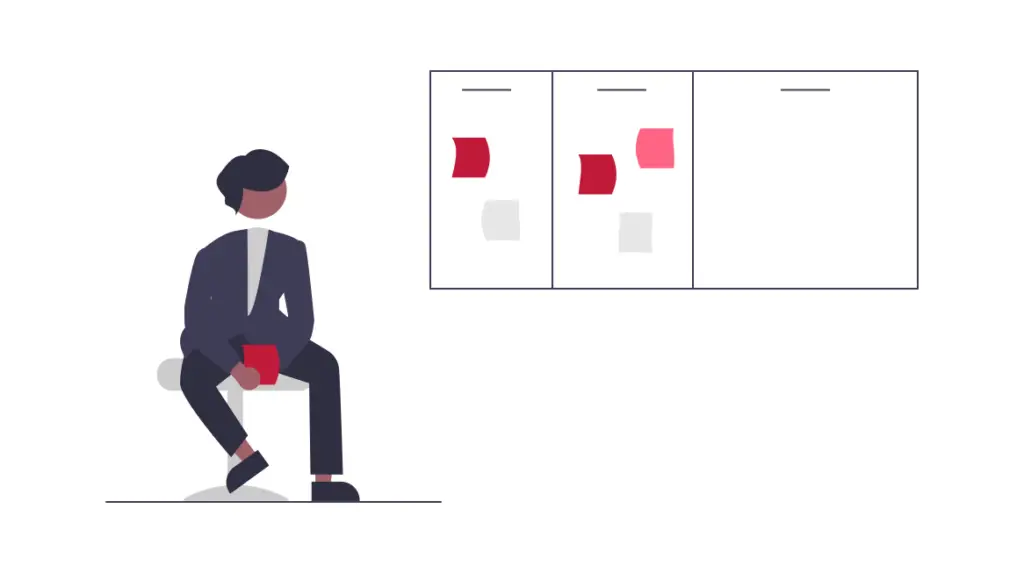
Our ambitions sometimes push us to think big and go all in from the get-go. While some people thrive in that, others experience tremendous pressure and anxiety that hinder them from even taking the first step. If we look ahead too much, there’s a possibility of overthinking and creating worst-case scenarios as to why everything could go wrong. However, if we start small, we give ourselves some room to manage expectations and our workload better. This is a common predicament among screenwriters or writers in general as the thought of sitting with your ideas for months, finding the right words, and filling out hundreds of pages seem like an impossible endeavor. But in reality, breaking down tasks by writing a page or even a sentence per day will get you ahead of the pack and closer to your goal.
Going Back to Your Purpose
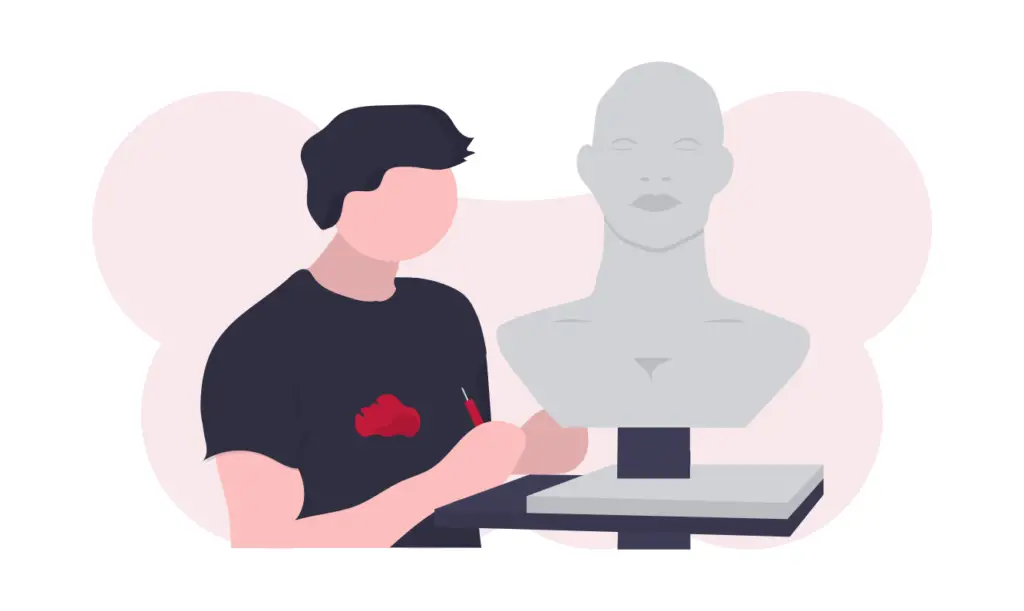
In anything and everything we do in life, there is always a reason as to why we chose to pursue a certain path. Our talents and skills can only take us so far, but our purpose as to why we do it is what gives meaning to our work. Artistically-inclined people do not solely create art for the recognition but to actually inspire and help others find themselves and better express their convictions. Reminding ourselves of our purpose will instill a sense of power and strength to keep fighting to make a difference in the world.
While creative burnout sounds like the death of dreams, one must know that it is just a temporary state of mind that will eventually pass. Although, it wouldn’t hurt to be cautious and vigilant when the symptoms are becoming more prevalent and detrimental to one’s work and health. There is a possibility that it could be something more serious than just a creative burnout such as mental health problems, which would require an individual to seek professional help.
Artists or creatives tend to be the harshest critics to themselves, but creating art is a delicate endeavor that cannot be rushed or forced, and creativity is something that must be constantly exercised. The world of entertainment is one of the toughest industries to break into and it is completely normal to be out of sync with your creativity as it is an essential part of the creative process. Oftentimes, it takes hitting rock bottom to get to your breakthrough.




